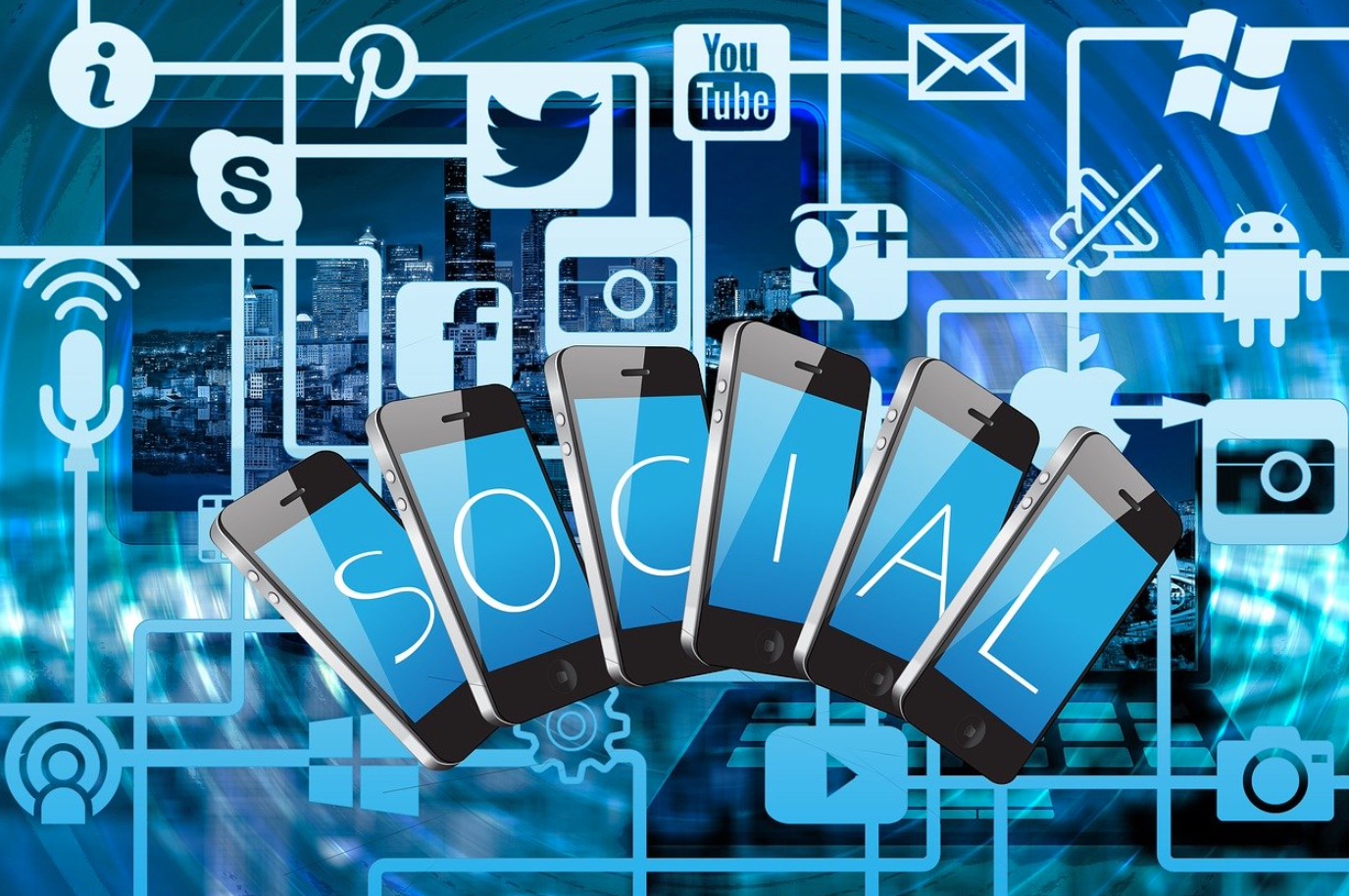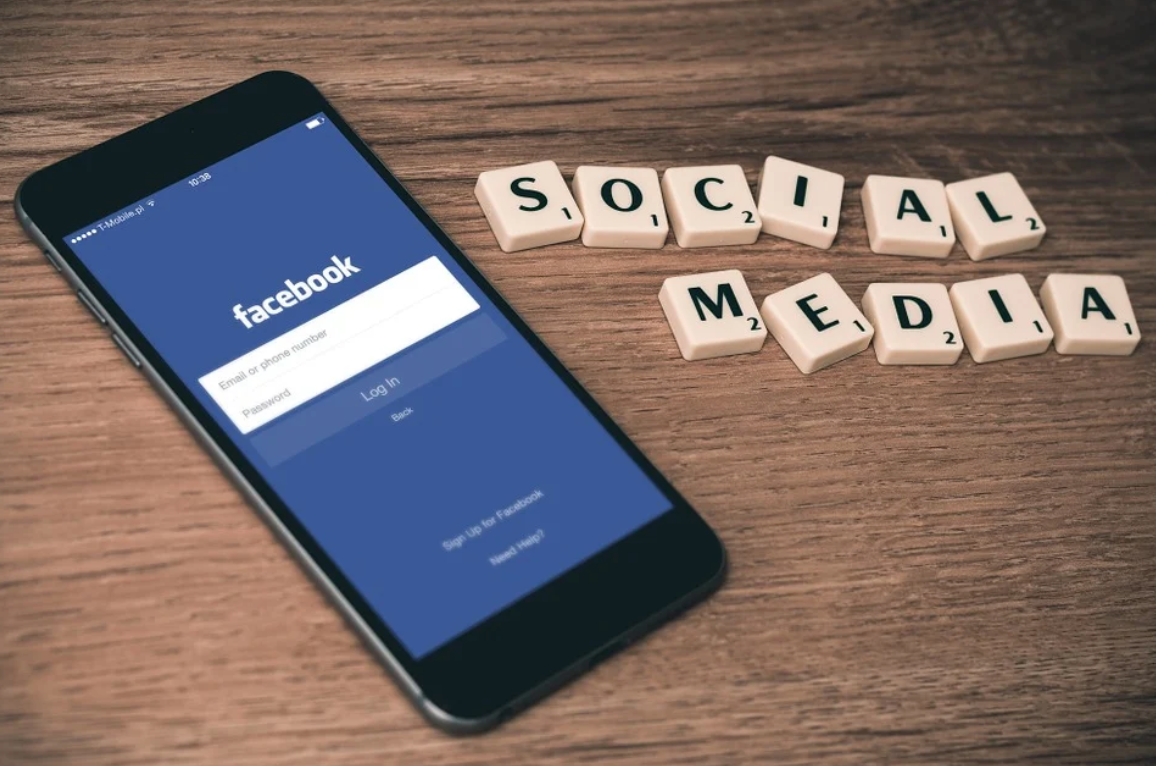If you absolutely must post on social media, consult with your personal injury attorney first.
While some use it more often than others, almost everyone uses social media. Social media platforms are a great way to connect with friends and family and keep up to date about what’s happening in the world. However, they often receive criticism for being addictive, with some arguing that we should limit our usage to avoid negative effects.
Have you ever wondered how social media impacts a personal injury case? For those pursuing compensation for their losses, social media can be a double-edged sword. While it may help to communicate and seek support, it can also harm the case.
How Can Social Media Help Your Case?
Let’s start with the positive impact of social media in personal injury cases. Social media can help you gather evidence for the incident that led to your injuries. While you may be able to record photos or videos on your phone, sometimes bystanders or even people involved in the accident may have posted their own pictures, videos, or comments about the incident online. Their posts can help serve as key evidence in your personal injury claim.
For example, if you got in an auto accident, you may be able to find footage of the accident on social media. This can help you establish liability by providing visual evidence of the accident, such as the conditions leading to the crash, the actions of other drivers, or the scene immediately after the collision.
Another way social media can be helpful in personal injury cases is by aiding in the identification of the at-fault party, particularly if they fled the scene. In cases where the responsible party is unknown or has left the scene quickly, social media can provide critical information.
Social media can help you realign your pre-injury life. By sharing your social media posts from before the injury, you can demonstrate the activities and lifestyle you enjoyed before the accident. This can be particularly useful to help you recover damages for physical disability, pain and suffering, and loss of enjoyment of life.
For cases where more than one victim, you can use social media to connect with other parties who suffered. Connecting with other victims can also help in gathering collective evidence, and it can also offer a form of group support to help you navigate the challenges you face during your recovery and legal process.
How Can Social Media Hurt Your Case?
Unfortunately, the drawbacks or negative impact of social media can be much more profound. If you have shared posts on your social media, those may remain on the record. Any subsequent statements that are inconsistent with your social media might hurt your credibility.
For example, if you are claiming that the incident caused you to suffer back injuries, but on your social media you are posting videos of you lifting weights at the gym or playing with your kids, then it could raise some concerns about the truthfulness of your injury claims. This means that photos or videos you share on your social media can also be misleading and can be taken out of context.

Personal injury attorneys recommend that you don’t talk about your case to anyone. Any information you share can be used against you. This applies to social media posts as well. Sharing information can undermine your case.
Even making casual comments about the accident, like apologizing for the accident, can be taken the wrong way. These types of statements might seem harmless or polite, but they can be used as evidence that you are admitting the accident was your fault, even if that’s not what you meant to do. Something you say without much thought could end up hurting your case later. That’s why it’s so important to avoid posting anything on social media related to your personal injury claim.
Injury victims often use social media to get advice from others on how to proceed with their cases. While the online community can provide support, they may not be experts in the legal process, and as a result, they might not be able to guide you properly. Even if they have the right intent and have a legal understanding of personal injury cases, they might not be familiar with the specifics of your case and lead you in the wrong direction.
Another potential risk of social media is that it can unnecessarily involve others in the case. Even if you don’t post anything on social media, you could still appear on the social media of your friends and family.
Social media can unintentionally draw your friends and family into your personal injury case, creating complications for everyone involved. For example, they might tag you in photos or posts that show you participating in activities, even if those activities don’t accurately reflect your physical or emotional condition.
Seek Legal Guidance and Representation from an Experienced Attorney
While social media may provide some benefits for injury victims, the potential risks often outweigh these advantages. Ideally, you want to minimize your social media activity until you have settled your case. Avoid sharing personal photos or videos that could be used against you. Similarly, avoid commenting or posting anything about the incident that led to your injuries.
If you haven’t already, set your social media accounts to private so that your profile is not visible to the public. However, keep in mind that even in private settings, your social media posts could get leaked, so refrain from discussing your case online.
If you absolutely must post on social media, consult with your personal injury attorney first. Having an attorney engaged early in the process can have a huge impact on your case. Not only can the attorney guide you on social media use, but can assist you in all legal matters related to your case. They can investigate the case to gather evidence, handle negotiations with the insurance company, and if needed, advocate for your rights in court.
For a free consultation with a personal injury attorney in Denver, contact us today.


Join the conversation!